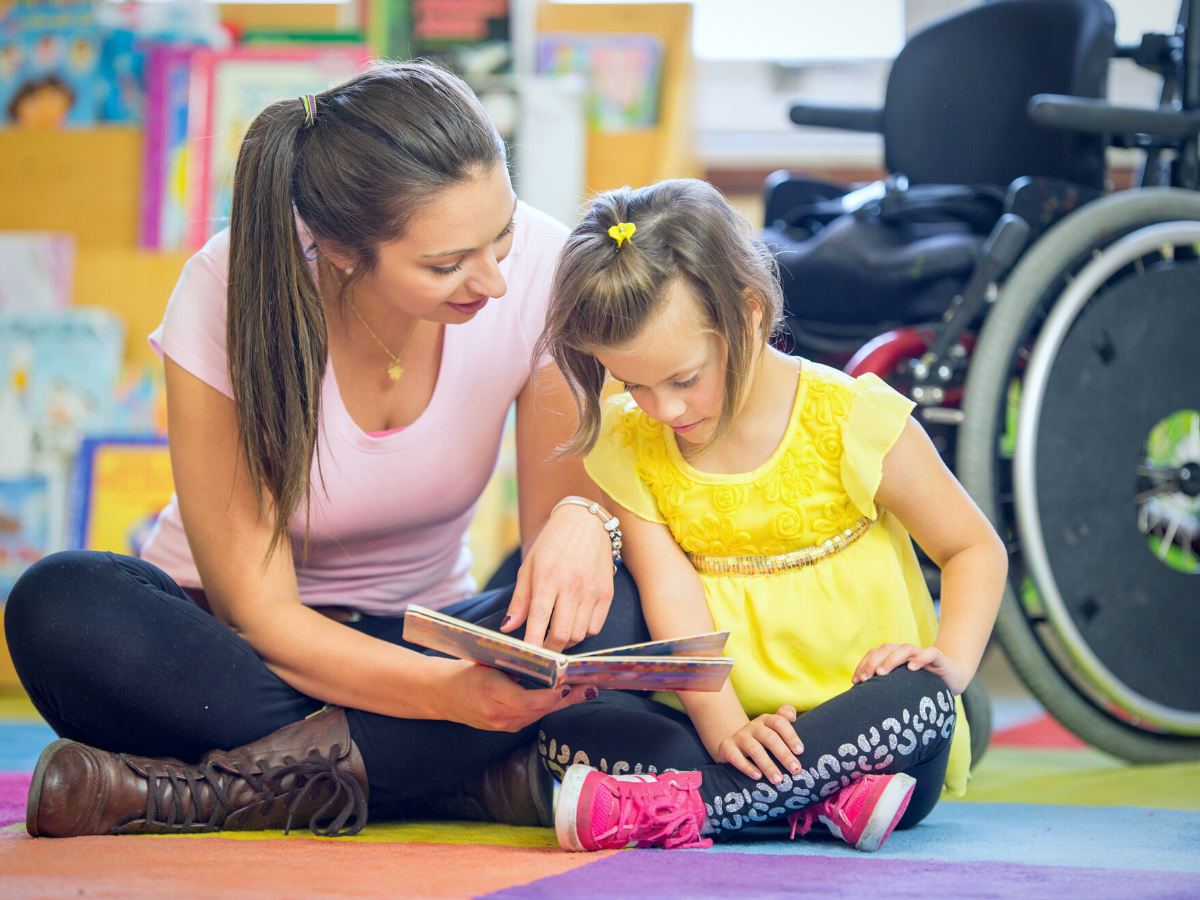The Office for National Statistics (ONS) found that, in the UK, disabled people’s lives were seriously affected by the COVID-19 pandemic, especially in regard to their health. People with disabilities have had a worse mental health state compared to able-bodied people ‘across all four well-being measures (life satisfaction, feeling that things done in life are worthwhile, happiness and anxiety)’. Disabled people are also at a higher risk of dying due to Covid. In the UK, during January and November of 2020, around 59.5% of Covid related deaths were people with disabilities.
The ONS reported that 40% of disabled people in the UK found it harder to ‘access healthcare for non-coronavirus related issues’. When the pandemic first began, many felt ashamed and guilty about their disabilities and the ‘needs that accompany them’, not wanting to be an additional burden to others. Another report at the end of 2020 also identified several additional problems for people with disabilities, such as ‘reduced access to food, health and social care, and reduced access to education.’
Additionally, although the mask mandate is very necessary for reducing the spread of the virus, many disabled people are reliant on lipreading and facial expressions which have been impossible to do due to masks covering the majority of the face. Masks also muffle speech, making it harder for those who have hearing impairments to properly communicate. People with disabilities who are exempt from wearing a mask for the aforementioned reasons felt as though they were being negatively judged by others for not wearing masks. This issue perfectly reflects the kind of ideas our current society has around disability and how ‘invisible’ disabilities are often not recognised as such, leading to many disabled people feeling invalidated and dismissed.
Government restrictions such as lockdowns have also made many disabled people feel ‘invisible’. Due to people with disabilities being at risk of developing serious consequences from Covid, during lockdowns they felt even more alone, less likely to leave the house and worrying more about how long this pandemic will last. This was especially frustrating, given the fact that many non-disabled people still went out and met up with their friends knowing the risk of doing so, yet being aware that they would not be as affected if they caught the virus.
Impact of the pandemic and lockdowns on visually-impaired children
The COVID-19 pandemic has also had a serious impact on the mental health and general wellbeing of blind and visually-impaired children. According to a report from Angel Eyes NI, an organisation focused on helping and empowering parents and families with ‘blind and partially sighted children’, the several lockdowns and the shift to a home-learning environment increased already existing inequalities.
The organisation was founded by Sara McCracken after having two children who were both born visually impaired. Many families who took part in the Angel Eyes NI report complained about the inadequate support their children received when schools moved to an online learning environment during the lockdowns in 2020 and 2021. However, some of the issues which arose during the lockdowns were already very prevalent before the pandemic. For instance, schools provided children with ‘poor A3 photocopies, large print books with typos, pages out of sequence’ and offered only black and white copies of materials that their peers received in colour.
Nevertheless, the fact that schools for special needs children remained open in early 2021 positively impacted said children. Blind and visually-impaired kids can attend both mainstream and special schools; while some receive support from a classroom assistant, others use technology, such as iPads to help them read the assigned texts in a bigger font or they receive resources adapted in braille. In mainstream educational settings, it is quite evident that there is a lack of support, expertise and resources for people who are visually impaired or blind. This results in blind children not having the same access to education and being excluded from the kind of learning experience non-disabled children receive, impacting their mental health and emotional wellbeing. Many parents of blind or visually-impaired children stated that this impact was felt even more due to the home learning environment and several lockdowns of the pandemic. Social isolation made it harder for parents of children who need additional needs and the report by Angel Eyes NI evidenced that there is still not enough adequate support offered to those families.
Disabled people have often been an afterthought, disproportionally affected by the COVID-19 pandemic and its restrictions. Their mental and physical wellbeing has seriously declined in the past two years and it is now all the more important for the UK government to prioritise the needs of people with disabilities in order to better their current situation.
About the author: Giulia Castagnaro is a contributing Features writer with a Master’s degree in ‘Gender, Society and Representation’ and an interest in social and cultural politics, and healthcare.
Recommended for you

Antidepressant Prescribing at Six-Year High
More people are taking antidepressants than ever. Is this a dark sign of the times or an indication that mental health stigma is changing?

Can AI be Used to Determine Cancer Recurrence?
When cancer patients go into remission, they often worry about it coming back. AI can now help identify those at risk of cancer recurrence.

Pegasus – Still a Threat to the UK?
The notorious Pegasus spyware has been misused to exploit vulnerabilities in devices, even those kept within the walls of Number 10.
Trending

Drug Decriminalisation: Could the UK Follow Portugal?
Portugal’s drug decriminalisation has reduced drug deaths and made people feel safe seeking support. Would the UK ever follow suit?

Calling All Unvaccinated UK Adults
With Covid cases rising, the NHS is urging the 3 million UK adults who remain unvaccinated to come forward.





